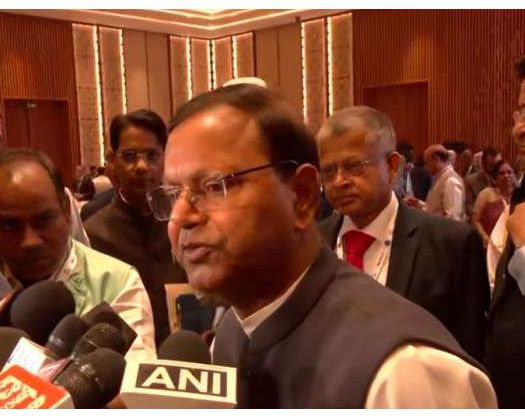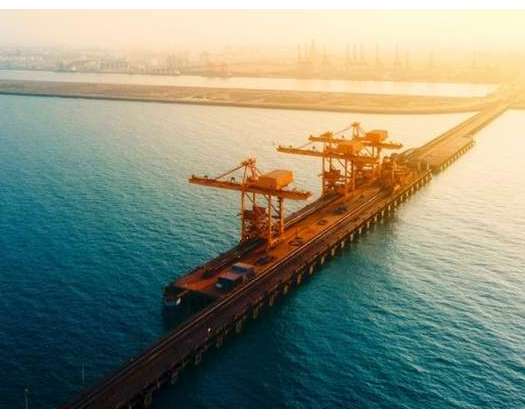New Delhi: India is set to evaluate the effects of reciprocal tariffs, as stated by Union Minister of State for Finance Pankaj Chaudhary on Thursday in response to the 27 percent tariffs imposed on Indian exports to the United States.
Speaking to reporters in the national capital, Chaudhary remarked, "For Donald Trump, it's America First, while for Modi ji, it's India First. We will first conduct an analysis, then assess the impact and determine our course of action."
Previously, Sanjay Nayar, president of the industry body ASSOCHAM, indicated that India would face limited repercussions and that the industry must enhance its efficiency.
"Considering the tariffs, I believe we are not significantly affected. Although the tariff rate appears high, it is more favorable when compared to other Southeast Asian nations. I anticipate a significant realignment of intra-Asian trade and supply chains, though this will take time. Since the pharmaceutical sector is exempt, our impact will be relatively minor, and it is essential for our industry to improve efficiency. Additionally, India must consider how to provide the US with greater access to our market," she noted.
On April 2, US President Trump announced a broad implementation of tariffs on various countries. In February, shortly after beginning his second term, Trump introduced a new trade policy centered on fairness and reciprocity, stating that the US would impose reciprocal tariffs, matching the tariffs other nations apply to American products. Trump highlighted that these tariffs would tackle unfair trade practices, including non-monetary barriers, subsidies, and VAT systems, while urging foreign nations to reduce or eliminate their tariffs against the US.
According to the recent announcements, the import tariffs for various key countries are as follows: China (34%), the European Union (20%), Vietnam (46%), Taiwan (32%), Japan (24%), India (26%), the United Kingdom (10%), Bangladesh (37%), Pakistan (29%), Sri Lanka (44%), and Israel (17%).
Under the current tariff regulations, products imported from India will incur a 27% tariff on steel, aluminum, and automotive goods, while pharmaceuticals, semiconductors, copper, and energy products will be exempt from tariffs.
Experts suggest that the tariffs on Indian exports to the US create a complex situation for India's manufacturing industry.
On one hand, the comparatively lower tariffs on Indian products, in contrast to those from China, Thailand, and Vietnam, offer a beneficial arbitrage opportunity for Indian exports.
For all other products, India will be subject to a reciprocal tariff of 27%.












